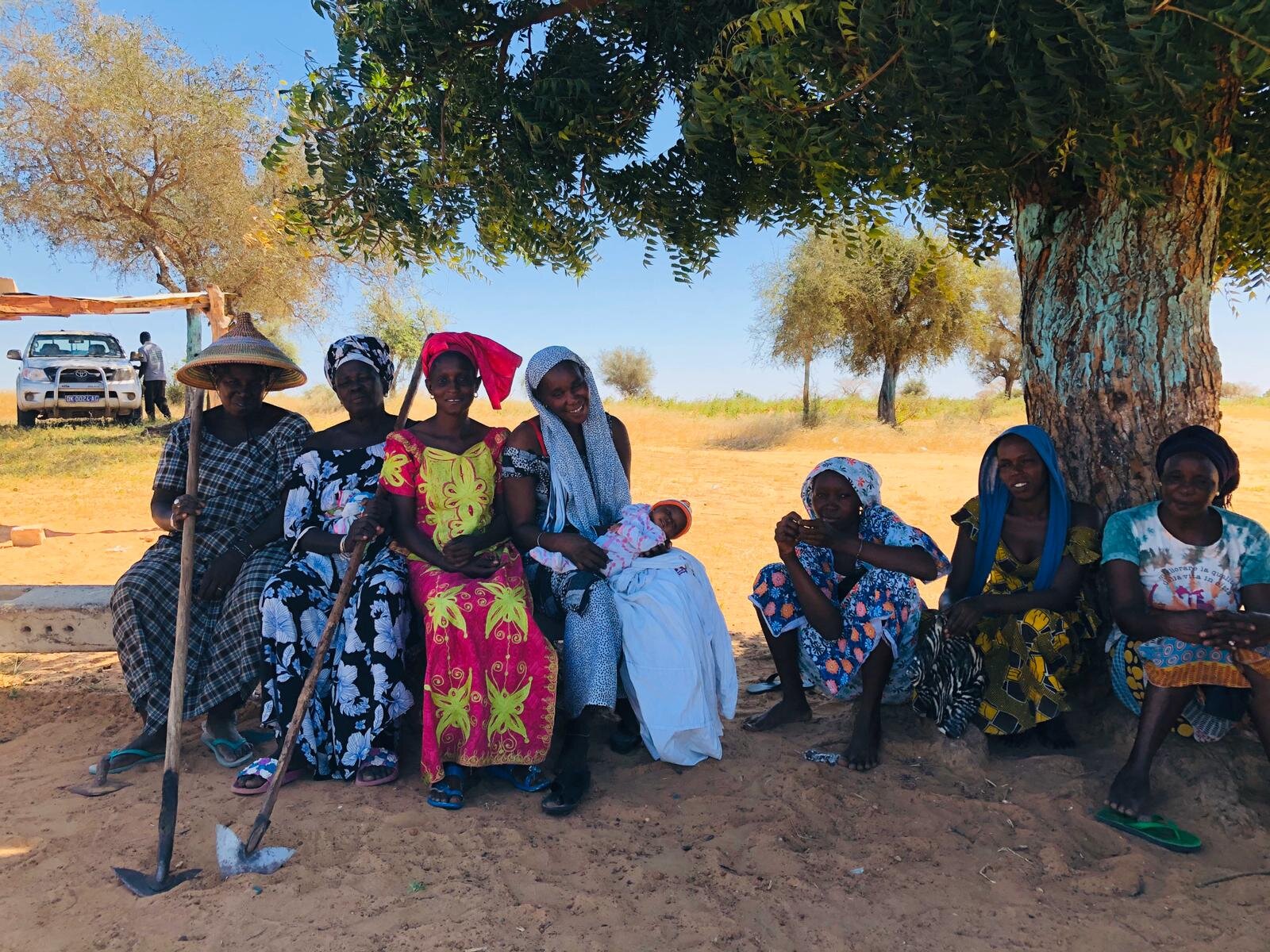Hibiscus
Better livelihoods for farmers while combatting desertification
Hibiscus (Hibiscus sabdariffa var. sabdariffa) is an annual shrub native to tropical and sub-tropical countries. Its swollen red calyces are considered a specialty botanical product and it is often used in the herbal tea and beverage industry. Drought tolerant and able to grow in poor soil, it represents an important source of income for local farmers in West Africa.
In Nigeria, where UEBT member REFEM works, Hibiscus is often cultivated in low-input, labour intensive multi-cropping systems on land previously farmed. The harvest season runs from November to April – the dry season - and every farmer must complete the harvest in a specific time frame or risk losing the flowers. This is because every flower must be handpicked and there are no mechanical means available for this. REFEM buys from the local farmers and exports whole flowers, as well as powders and extracts made from the raw material.
One of the biggest challenges local Hibiscus farmers face is market access due to the complexity of international regulations that have to be understood and complied with. This has affected production in some seasons as harvests go to waste and farmers lose critical income and, in some cases, are forced to sell below their production cost or are exploited by middlemen in the production chain. Another challenge is access to drying facilities that can remove impurities and improve the quality of the produce. REFEM helps with these challenges by offering a cash bonus payment to farmers when they adhere to quality standards. This provides a direct and vital income source while also improving farming methods.
The company is also supporting local communities by constructing water boreholes to support 30,000 men, women and children; building schools to deal with the large population of children out of school; and offering gender equality programmes focused on women’s empowerment and awareness of their agency and autonomy; as well as information for women on nutrition, health and safety, and HIV prevention.
While community support is a strong focus, REFEM is also improving its actions for biodiversity, in line with the UEBT Ethical BioTrade Standard. This includes soil fertility checks and restoration of native trees to function as barriers for seasonal dry wind coming from the desert. This is crucial for preventing the soil loss that leads to desertification. Re-planting these trees helps restore this function. Reforestation costs, in terms of land for Hibiscus farmers, are offset by crop resilience due to improved soil. The company planted 100 trees in 2019 but through its Biodiversity Action Plan it will be planting at least 1,500 trees in 2020-2021.
With a growing international market for Hibiscus, the company expects the flowers to stay relevant in the food, beverage and infusions industry. Despite the challenges posed by climate change, REFEM hope that Hibiscus will be a product that contributes to better livelihoods for farmers, as well as to an improved environment.
All pictures were taken during a project in Senegal and are property of UEBT.






